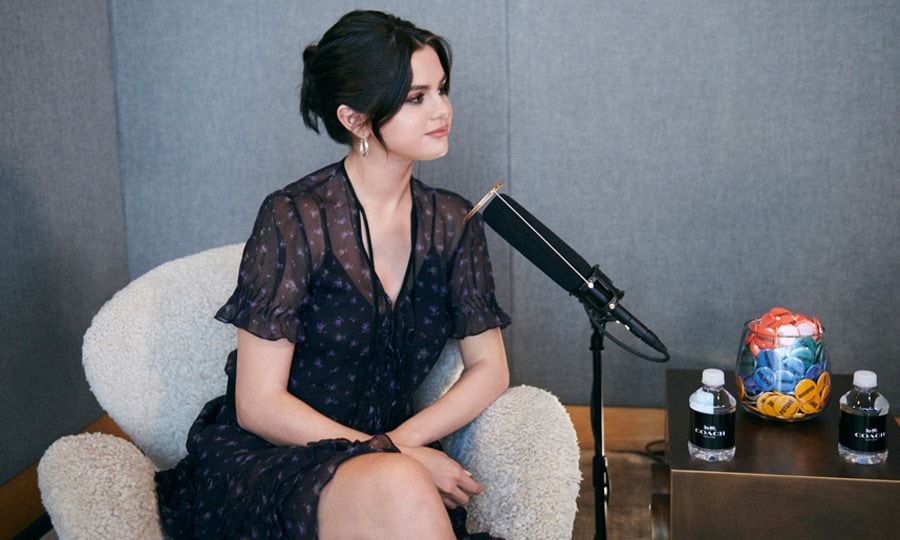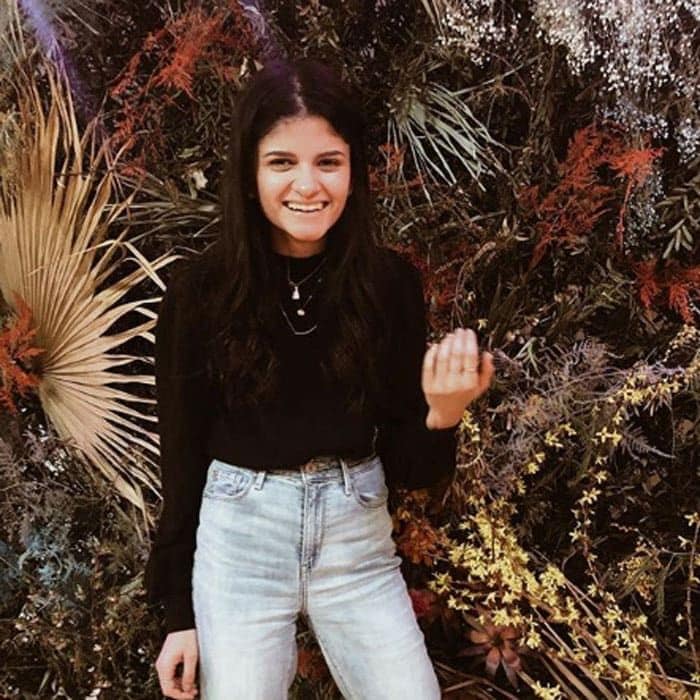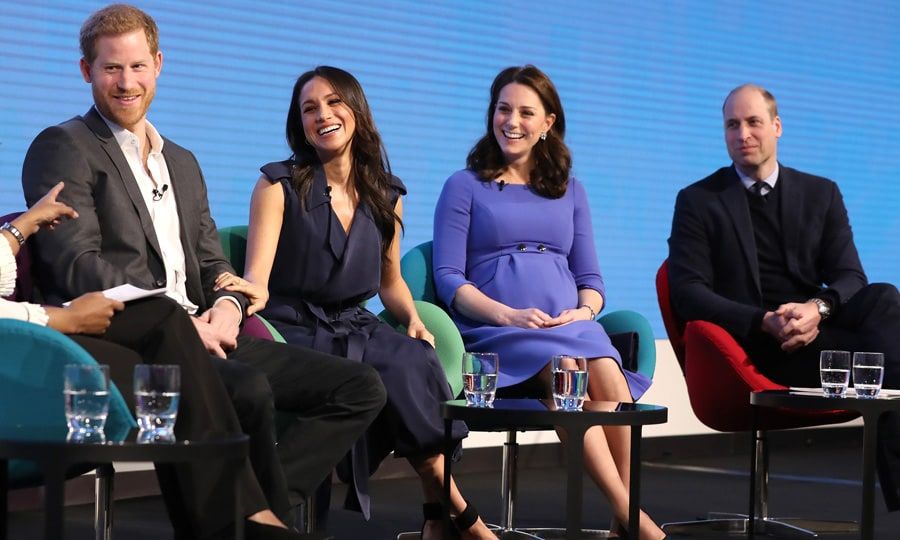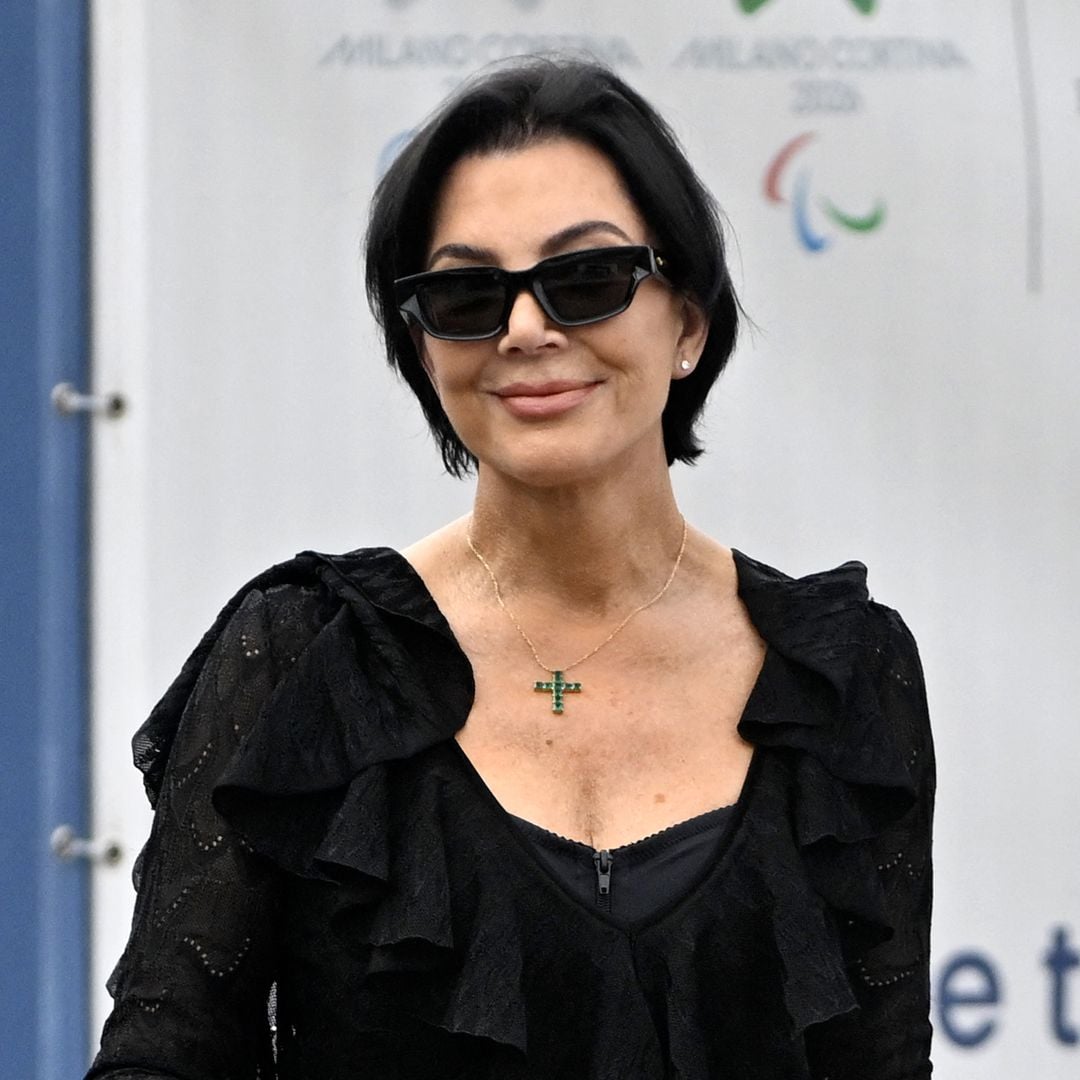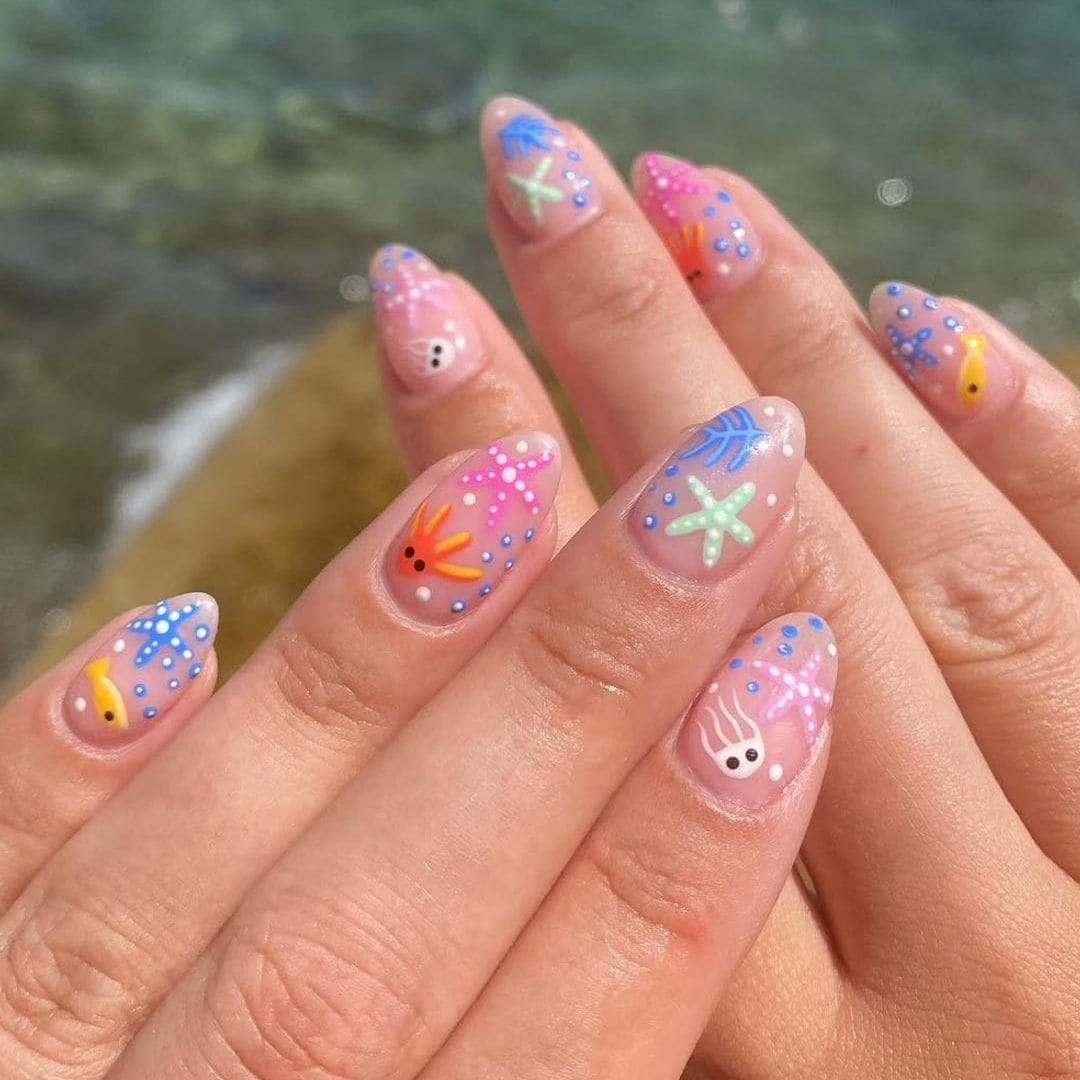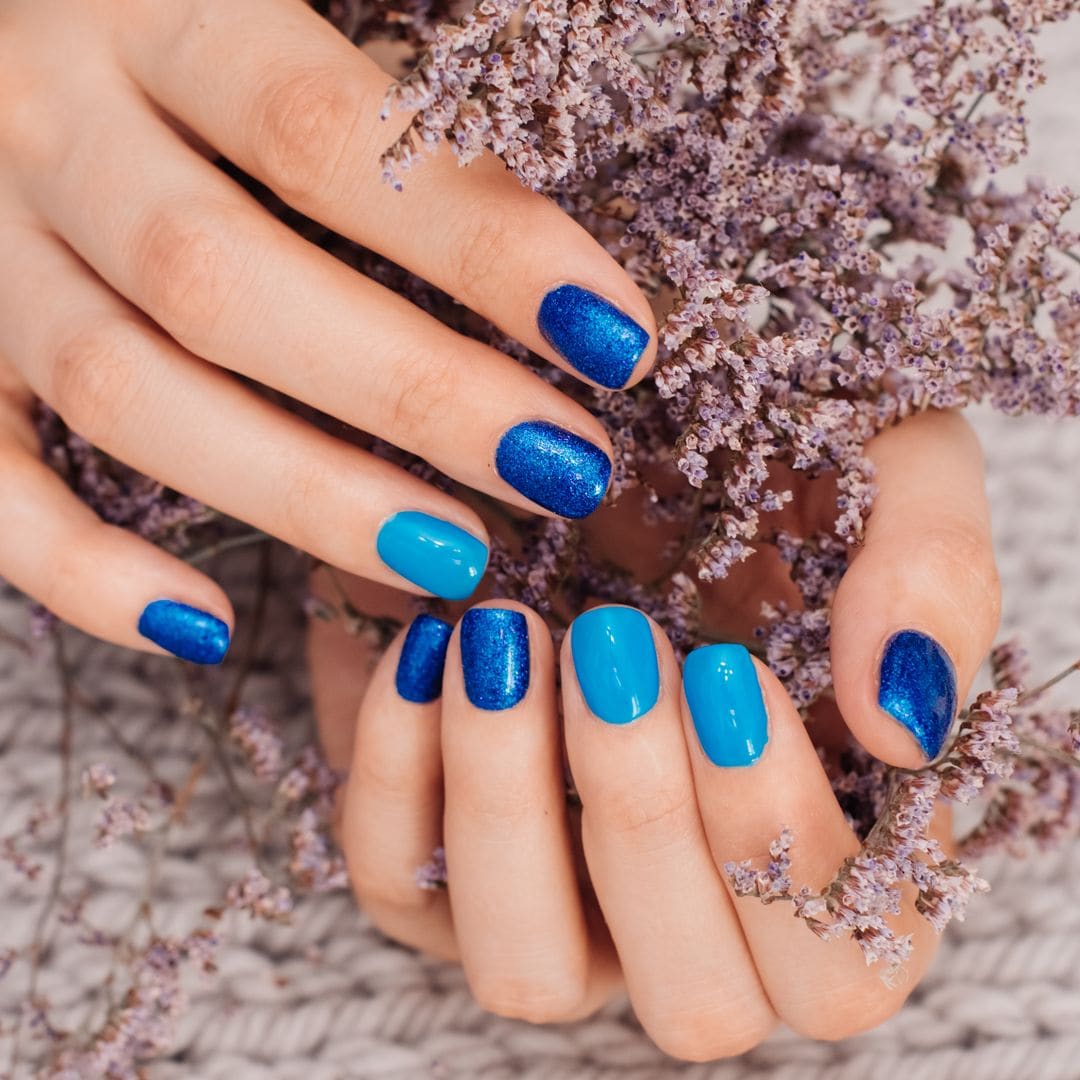Journalist and mental health advocate Vivian Nunez shares her story with HOLA! USA.
When Selena Gomez opened up about anxiety in her latest podcast episode with Coach, I knew that as different as our lives are, we have one thing in common: we both live with mental health realities. Another successful and strong Latina who has been vocal with mental health advocacy is Diane Guerrero. The Doom Patrol star shares her family’s immigration story in her book My Family Divided and underscores how much of our own life experiences impact and trigger our mental health.
As I navigate my twenties and build a career as a writer and mental health advocate, I’ve been constantly reassured by public figures like them – who look like me – that talking and sharing in therapy is accepted and encouraged. “There are many roadblocks for Latinas taking ownership of their mental health unfortunately,” Adriana Alejandre, trauma therapist and founder of Latinx Therapy, tells HOLA! USA. “Many Latinas value their family’s opinions and due to the historical stigma of mental health, it makes it difficult to face the truth to their own mental health.”
Selena has opened up in Coach's Dream It Real podcast
RELATED: Diane Guerrero is channeling her personal family struggle into her most important project to date
This is in part the reason I created Too Damn Young, a platform for young adults who are grieving. Similar to Prince William and Prince Harry, whose own experiences with the loss of their mother Princess Diana inspired them to launch Heads Together and more recently a 24/7 UK-based helpline called Shout, I was brought to face my mental health as a result of grief. I was 21 years old when I started going to therapy, which makes me one of the only 10% of Latinos who statistically speaking, will contact a mental health specialist, according to the CDC.
Too Damn Young was launched to help my peers grieve
Thankfully, the more the conversation becomes mainstream, the more therapists are seeing an uptick in Latinos reaching out. “The stigma is still there because opening up does not come naturally but the effort is visible,” Adriana continues. “When Latinas show up to therapy, they are ultimately showing up for themselves and learning the skills that they will pass on to continue breaking the stigma of mental health.”
It seems matter of fact, but when you grow up in a Latinx family, feelings have often been dubbed as “nervios” or “es solo en tu cabeza” realities. Keep reading to learn the benefits of therapy and how to better understand if it can help you.
Diane Guerrero knows the importance of taking care of your mental health
Understand the climate is changing regarding mental health The fact that the conversation is taking up more space means that it’s easier for us to introduce the conversation into our own families. Adriana says: “The ease of education being spread because of technology and the communities accepting mental health services has allowed for this upward trend in recognition of everyone’s mental health status.”
Have a game planYour family loves you but may also not understand what you are going through if they have never considered mental health a factor in well-being. “Ultimately recognizing the messages that have been passed down about their own boundaries, self-esteem and the way they show compassion to their own selves is a very powerful point to starting this conversation,” adds Adriana. “We want to know which messages in our childhoods hold the stigma of us asking for help or accepting it, and how we feel about our mind, bodies and souls healing. Conversations definitely need to start with the self.”
Prince William and Prince Harry launched Heads Together to encourage people to speak openly about mental health
Find your community, even if it can’t be your family right nowThose closest to you may not fully understand what you’re going through, so while a surrogate group or second familia may not replace them, it can help you process. “With the power of social media, many Latinas are finding courage through virtual communities and learning to show vulnerability to own their stories,” Adriana explains. “The support that comes through helps to continue in breaking the cycles and talking about mental health realities.”
For more information, please check out Too Damn Young.
,type=downsize)

